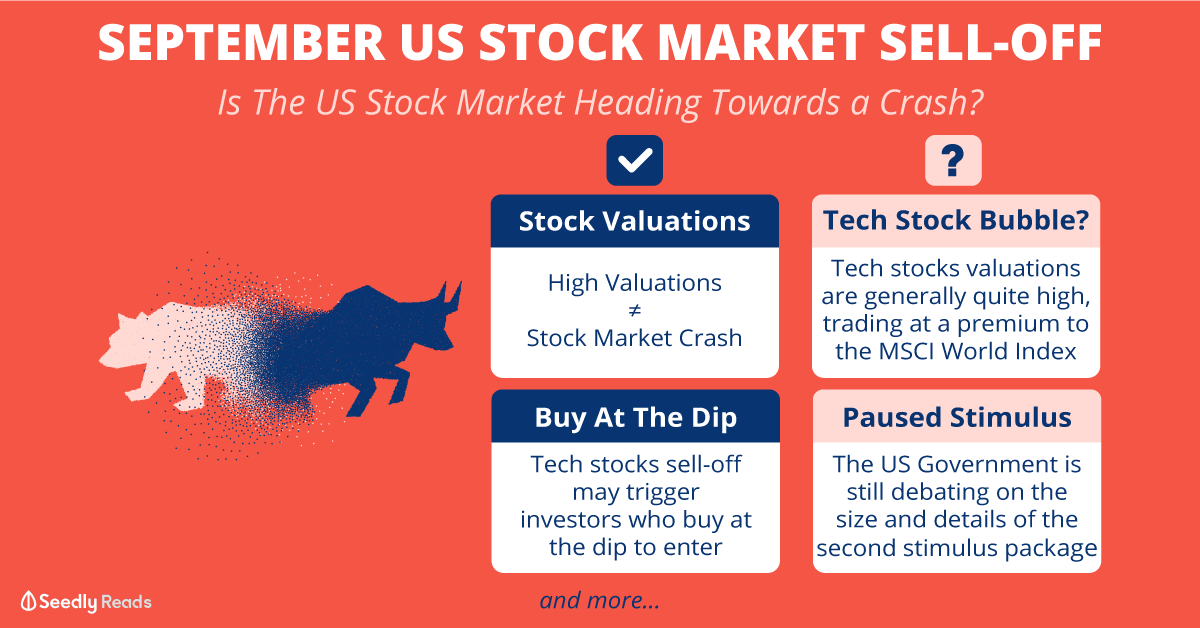Advertisement
Anonymous
If I buy and hold ETF for long term till retirement, and the market happens to crash around the point I am retiring and plan to sell, does it mean that the long term gains are all gone?
What can I do to avoid this situation as a long term investor?
10
Discussion (10)
Learn how to style your text
Reply
Save
Traditionally to hedge against this phenomenon which would is "sequence of returns risk" , people owuld normally move to safer assets like bonds. But with the foreseeable risk free interest rates trending down in the long run. It isn't really ideal for investors to retire with these subpar 1-2% interest frm bonds.
Therefore most would transition to stable blue-chips that give good dividends, reits, etc.
Nowadays, to hedge against this phenomenon of "suayness", I guess one of the best ways would be to increase your cash/warchest allocation, provided that your investment portfolio meets minimally your needs.
I guess one should aim to increase to around 5 to 10 yrs expenses in cash (short term bonds, fd, savings acc, cash mgmt acc, etc) gradually as we age and aim for retirement. As we can not only hedge against if there was a market crash. We can even capitalise on the crash if time and finances allow. However this would come with some opportunity costs if it was a super bull market. I guess it would be worth it for the peace of mind and ability to sleep well at night.
Hope this helps!
Reply
Save
Thanks for your great question! I have been thinking the same thing.
One strategy you can consider adopting is to create three separate "baskets" of investments - for Long, Medium and Short terms. Your LONG Term basket is kept for more than 5 years and it should be able to weather the market volatility i.e. you should not need this money till >5 years and can afford to take more risks (e.g. 100% equity). Your MEDIUM basket will consist stocks, bonds and REITS (or your standard well diversified portfolio) that has a time horizon of 1 to 5 years. It should be maintained at an amount equivalent to about four times your annual expenses. The final SHORT basket is akin to your current account, kept at roughly about one year of expenditure and placed in Money Market (Cash or short term deposits). You can rebalance your three baskets at any interval that works for you. One suggestion is to rebalance every 6 months, by transferring from Long to Medium and/or from Medium to Short, depending on your portfolios' performances.
Do let me know what you guys think? I would love to hear your thoughts!
Reply
Save
Great and relevant question, anon. Let me share what I plan to do.
What I'd do is that a few years before retirement, I'd liquidate those stocks meant for retirement and park the money in less volatile, highly liquid, high interest instruments such as fixed deposits or SSBs (or maybe even cash management accounts or insurance savings plan?).
The idea is it's ok for me to forgo those three to five years of stock market returns for peace of mind.
Reply
Save
Yes, supposedly if it does crash till your cost price that you entered, then yes you will lose all t...
Read 4 other comments with a Seedly account
You will also enjoy exclusive benefits and get access to members only features.
Sign up or login with an email here
Write your thoughts
Related Articles
Related Posts
Related Posts
Advertisement









You have an engaging and approachable writing style. The explanations are clear, and I enjoy the conversational tone. geometry dash meltdown